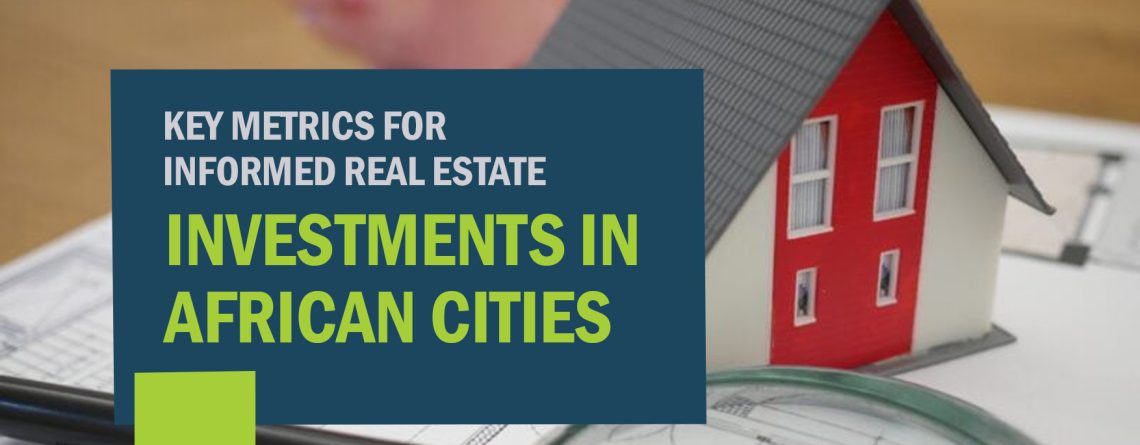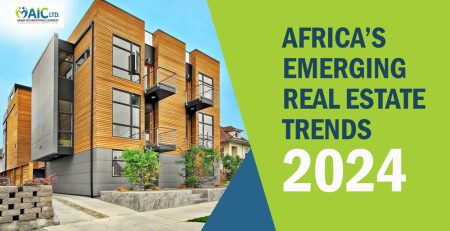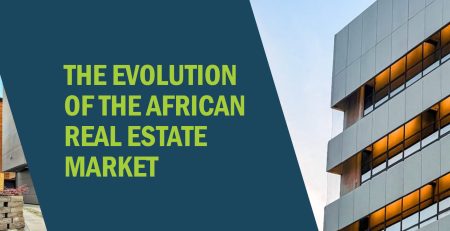Key Metrics for Informed Real Estate Investments in African Cities
In recent years, Africa’s real estate market has shown tremendous promise, attracting the attention of investors, developers, and analysts worldwide. To make informed decisions in this dynamic market, it’s essential to consider a range of key metrics that provide insights into the real estate landscape. Whether you’re eyeing residential, commercial, or industrial properties, understanding these metrics is crucial for success. Here, are the top 18 key metrics you should study when venturing into Africa’s real estate market.
1. Property Prices
One of the most fundamental metrics to consider is property prices. Analyzing price trends and variations across different regions and property types can help you gauge market conditions and investment potential. Keep a close eye on where prices are rising and where they might be stabilizing.
2. Rental Yields
Rental yields are the lifeblood of real estate investments. Understanding the potential return on investment is critical. Calculate rental income as a percentage of the property’s value to assess income potential. This metric aids in making decisions about the long-term profitability of your investment.
3. Vacancy Rates
The percentage of vacant properties in a particular area can provide insights into supply and demand dynamics. Lower vacancy rates may indicate a thriving market, while high rates could signal oversupply or lack of demand.
4. Gross Domestic Product (GDP) Growth
Economic growth is intrinsically tied to real estate demand. Monitoring GDP growth in the region can offer valuable context for your investment decisions. Robust GDP growth often fuels increased demand for real estate.
5. Population Growth
A growing population is a strong driver of housing demand. Study the local population’s growth rate and trends, as this can be a reliable indicator of real estate development potential.
6. Infrastructure Development
Assessing the level of infrastructure development in an area is paramount. Infrastructure can significantly influence property values and the attractiveness of an area for investment. Regions with robust infrastructure tend to be more appealing to both residents and businesses.
7. Regulatory Environment
Understanding the local regulatory environment is crucial. Familiarize yourself with property laws, land ownership regulations, and government policies that can impact real estate transactions. Compliance with local regulations is key to a successful investment.
8. Foreign Investment
Monitor foreign direct investment in the real estate sector. Foreign investors can significantly influence market dynamics and present both opportunities and challenges for local investors.
9. Interest Rates
Interest rates can significantly impact the affordability of real estate investments. Higher interest rates can deter potential buyers or tenants, affecting your property’s income potential.
10. Market Trends
Staying updated on emerging trends is vital. Keep an eye on sustainable development, smart cities, and other trends that may impact property values and demand in the region.
11. Construction Costs
The cost of building and maintaining properties plays a role in pricing and profitability. Understanding these costs is vital for budgeting and evaluating potential returns.
12. Property Types
Different property types, such as residential, commercial, or industrial, may have varying metrics. Tailor your analysis to the specific type of property you are interested in.
13. Local Demographics
Understanding the demographics of the local population and their housing needs is essential for market targeting. Consider the age, income, and preferences of potential tenants or buyers.
14. Market Sentiment
Assessing how investors and consumers perceive the real estate market is key. Positive sentiment can drive demand and price appreciation, while negative sentiment may have the opposite effect.
15. Currency Exchange Rates
Fluctuations in exchange rates can significantly impact international investment. Keep a close watch on currency exchange rates when considering cross-border investments.
16. Political Stability
The stability of the country’s political environment is a fundamental factor. Political instability can deter investors, while stability can build confidence and encourage long-term investments.
17. Accessibility and Transportation
Proximity to transportation hubs and ease of accessibility can be significant factors. Well-connected areas often attract more interest from both residents and businesses.
18. Environmental Considerations
Environmental factors, such as climate and sustainability, can influence property values. Sustainable and environmentally friendly properties may be more attractive to investors and tenants.
Africa’s real estate market offers a plethora of opportunities, but understanding these 18 key metrics is essential for making informed investment decisions. However, remember that the real estate market can vary greatly from one region to another within Africa. Therefore, adapting your analysis to the specific area of interest and working closely with local experts is crucial for success. Whether you’re seeking growth, income, or diversification, a well-informed approach will be your best guide in Africa’s promising real estate landscape.




